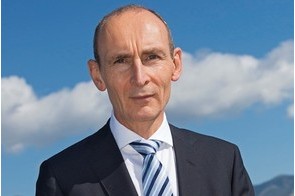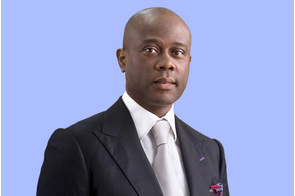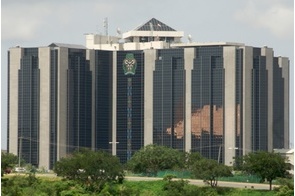Redefining wealth beyond numbers

Summary
Nigeria, with its youthful population and entrepreneurial energy, is uniquely positioned to embrace a new definition of wealth.
For decades, conversations about wealth have been dominated by numbers derived from financial metrics like balance sheets, earnings per share, and return on asset. Success has often been measured in percentages, figures, and charts. All of these give no attention to the lived experiences behind the numbers and infographics. Yet, as economies evolve and societies demand more inclusive and sustainable systems, the definition of wealth must also evolve.
True wealth is not only about financial accumulation. It should also be about alignment between shared goals and values, between progress and sustainability, and between economic activity and human wellbeing. Wealth should engender calm rather than chaos; it should offer clarity rather than confusion, and its accumulation should be designed around the realities of human lives. This perspective invites us to explore wealth through the lens of emotional resilience, sustainable growth, and human-centered design.
The world of wealth has historically thrived on measurement. Data, forecasts, and analytics remain indispensable, but they do not tell the whole story. A bank account may show growth while the account holder suffers sleepless nights from financial stress. An economy may record gains while inequality deepens in the society. The reliance on numerical growth, as the sole marker of success, creates emotional disconnect, unending cycles of pressure for profit growth, and undermines inclusion. Generally, people outside formal systems, particularly disempowered women, small business owners, and rural populations, are left behind.
Calm, as an opposite of stress, is rarely discussed in financial contexts. Yet it is central to sustainable progress. Stress-driven systems, whether they be economic or markets, create anxiety, erode trust, foster burnout, and create instability. Mass panics have not only led to banking runs and preceded financial crises, but they have also worsened them, leaving regulators also stressed. By contrast, wealth, built and sustained the calm way, fosters personal confidence and economic resilience.
Some of the tools for fostering this more sustainable wealth include counter-cyclical economic policy, programmes for wealth redistribution, financial literacy, and simplified financial or investment products. A good combination of this will not only make finance and wealth accumulation more empowering but also less intimidating. Calm in wealth building and management is the foundation for steady and long-term growth.
Clarity is also needed in fostering sustainable wealth creation. But what currently predominates is the opposite – confusion. The modern financial landscape is increasingly complex. From digital wallets to decentralised systems, individuals are confronted with layers of confusing choices. But without clarity, access does not equate empowerment. True clarity requires transparency, simple communication, and guided decision-making. When people understand how to manage their money and invest in wealth creation, as well as feel supported in making their choices, wealth becomes a source of peace, – not pressure.
At the heart of this new definition of wealth lies human-centered design – a principle that places people at the core of solutions. Human-centered wealth prioritises inclusion, empathy, and flexibility. It is designed for women, small businesses, and underserved communities. It recognises that monetary decisions are deeply emotional and must be treated with compassion. It adapts to life stages, from education to entrepreneurship and retirement. With empathy and adaptability, wealth shifts from being merely transactional to being transformational.
Nigeria, with its youthful population and entrepreneurial energy, is uniquely positioned to embrace this redefinition. To move beyond numbers, the country must strengthen financial literacy, build digital tools that prioritise empathy, and align public investment with sustainable development. The opportunity to embed calm, clarity, and human-centered design in the nation’s wealth culture has never been greater.
Globally, the same redefinition is already underway. Investors are embracing sustainability. Companies are shifting from shareholder to stakeholder value. Governments are measuring wellbeing, not just GDP growth rates. Nigeria can learn from this shift while crafting models that reflect its reality. Redefining wealth here is not just innovation, it is transformation.
Wealth can no longer be defined by numbers and graphics that require specialised knowledge to understand them. Also, its future lies in how well it serves people – their peace of mind, clarity of decision-making, and dignity. True wealth is not achieved only by what we accumulate, but by also how it enables individuals and societies to flourish.
Amaka Chidere is a Nigerian financial services professional and founder of The Finance Muse, a financial wellness platform that bridges mindfulness and money management.
Related
-
Global investor calls for standardised rules against ‘greenwashing’
ESG-compliant investment decision is the hottest investment megatrend and this is set to grow.
-
CBN declares Access Bank the Most Sustainable Bank of the Year 2019
Access Bank has consistently won in several categories of the annual CBN Sustainability Awards.
-
CBN to establish Payment Service Banks to drive financial inclusion
The key objective of the PSBs is to enhance financial inclusion in rural areas by increasing access to deposit products and ...










